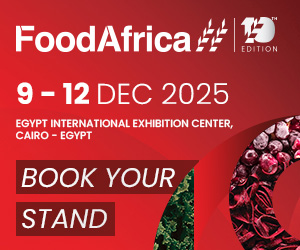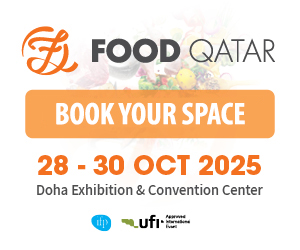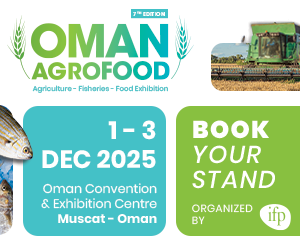Against the backdrop of ongoing conflicts, climate crises, and the lingering effects of the Covid-19 pandemic, a recent report offers a glimmer of hope: global hunger has declined.
The Independent Stakeholders’ Report presented at the UN Food Systems Summit in Addis Ababa — co-authored by multiple UN agencies — revealed that hunger rates dropped slightly in 2024 after peaking in 2021 and 2022, driven by progress in Asia and South America.
“It’s inspiring to see progress in combating hunger, but it is not evenly distributed,” noted FAO Director-General Dr. Qu Dongyu.
Still, 8.2% of the world’s population — between 638 and 720 million people — experienced hunger last year, with conditions worsening in Africa, where the rate reached 20.2%. “Famine fuels unrest and erodes harmony. Hunger must never be used as a weapon of war,” stressed UN Secretary-General António Guterres via video message.
Food security — ensuring that everyone has access to sufficient, safe, and nutritious food — remains a complex challenge with ethical, economic, and social dimensions. It encompasses not only availability, but also access, utilization, and stability of supply.
The report warned that the target of eradicating global hunger by 2030 is far from reach, projecting that some 512 million people will still be undernourished by decade’s end, 60% of them in Africa. IFAD President Alvaro Lario remarked that while hunger levels have shown slight improvement compared to 2022 and 2023, much work remains.
Oman’s Progress and Strategic Vision
Speaking at the summit, Dr. Saud bin Hamoud al Habsi, Oman’s Minister of Agriculture, Fisheries and Water Resources, emphasized the Sultanate’s significant advances in food and nutrition security. Key initiatives include the Food Security Strategy, National Nutrition Strategy, National Climate Change Adaptation and Mitigation Strategy, Environment and Natural Resources Strategy, and the Genetic Diversity Strategy for Local Livestock.
Oman stands out in the Gulf for its long-term planning and robust policies aimed at ensuring food self-sufficiency and reducing import dependence. Under the guidance of His Majesty Sultan Haitham bin Tarik, the nation has crafted a comprehensive food security strategy addressing production, importation, storage, and distribution.
The 2040 Sustainable Agriculture and Rural Development Strategy further strengthens sustainability in agriculture through investment, income generation for citizens, rural community support, and tackling structural gaps in the sector.
These efforts have positioned Oman third in the Arab world and 35th globally in the Global Food Security Index 2022, which assesses countries on food availability, accessibility, quality, safety, sustainability, and adaptability.
Source: Oman Daily Observer

















































































